'We may imagine that we are free to do as we please, and may never realize that we are for the most part mere supporting actors on the stage of the world's drama. There are factors which, though we are not aware of them, influence our lives, and the more powerfully they are in our unconscious,' Carl Jung wrote in his book
Memories, Dreams, Reflections leads readers on a journey through Jung's inner life, from childhood memories and symbolic dreams to profound reflections on human nature and the universe.
Most of the memoir was narrated by Jung to his collaborator Aniela Jaffé, who then edited, supplemented, and revised it himself.
Live and survive in the eternal flow
Among Carl Jung's in-depth research works, Memories, Dreams, Reflections does not follow the direction of difficult academic research, but is just the interpretations from the father of Analytical Psychology to explore the roots of the personal unconscious, decode the archetypes and the collective unconscious that is silently shaping the "tree of life" of humans.
With chapters The Early Years; School Days; Student Life; Psychiatric Activities; Sigmund Freud; Facing the Unconscious; Works; Towers; Travels; Visions; On Life After Death; Late Thoughts; Reflections, the book explores the loneliness of a different child; the breakup when parting with Freud, an important companion, and the awakening from seemingly inescapable crises.
In the final chapters, the book quiets down like a meditation, where he writes about death, the spirit world, and the connection between humans and that which is beyond reason.
Sharing the reason for writing the memoir, Carl Jung wrote: "I can only understand myself in the light of inner events. It is these things that make my life special and my autobiography is about them."
According to book translator Vu Hoang Linh, Memories, Dreams, Reflections is a special book and a must-read if readers are interested in analytical psychology or want to understand Jung.
"This is a rare occasion when Jung reveals his inner self to readers, but not in the usual autobiographical style. Jung does not talk much about his personal life or portraits of his family and friends... but he chooses to tell his life through the prism of his inner self: vivid memories, mysterious dreams and spiritual experiences, including his spiritual and mystical experiences (including his near-death experiences).
For example, he talks about his father and mother because they contributed to shaping his personality, soul and character, but he hardly mentions his wife and absolutely does not mention his children even though he has 5 children.
In other words, the book is an attempt by Jung, at the age of 83, just three years before his death, to analyze his own life, his psyche, the inner experiences he delved into in order to understand what he called "something that lives and exists beneath the eternal flow".
Book of Memories, Dreams, Reflections - Photo: Publishing House
Carl Gustav Jung was a great psychologist who had a profound influence on many different fields of science . He was a pioneering psychiatrist, the founder of Analytical Psychology (also known as Depth Psychology), an important branch developed from the psychoanalysis of S. Freud.
Lam Lake
Source: https://tuoitre.vn/hoi-ky-cuoi-doi-cua-nha-psychologist-carl-jung-tai-ban-3-000-cuonos-sau-1-ngay-phat-hanh-20250806171907843.htm


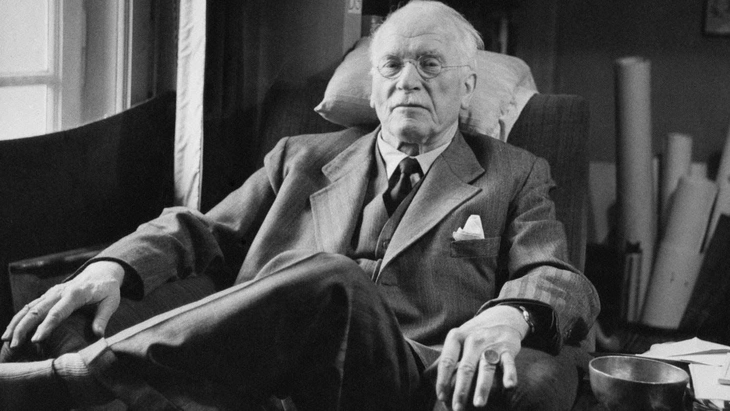
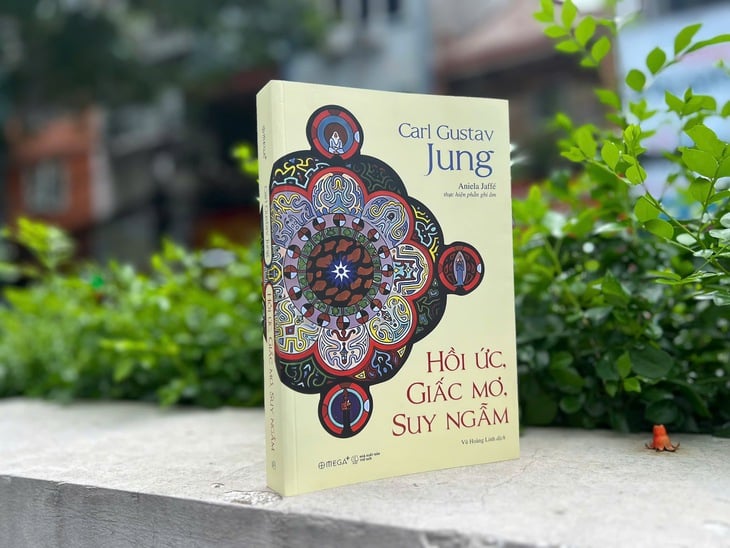



![[Photo] General Secretary To Lam receives Slovakian Deputy Prime Minister and Minister of Defense Robert Kalinak](https://vphoto.vietnam.vn/thumb/1200x675/vietnam/resource/IMAGE/2025/11/18/1763467091441_a1-bnd-8261-6981-jpg.webp)
![[Photo] Prime Minister Pham Minh Chinh and his wife meet the Vietnamese community in Algeria](https://vphoto.vietnam.vn/thumb/1200x675/vietnam/resource/IMAGE/2025/11/19/1763510299099_1763510015166-jpg.webp)













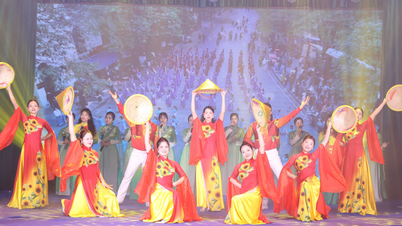







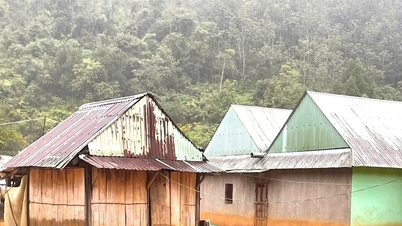





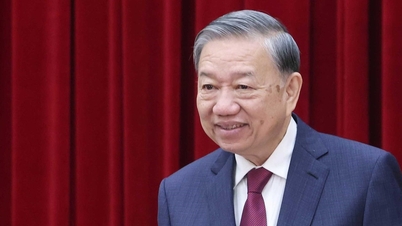
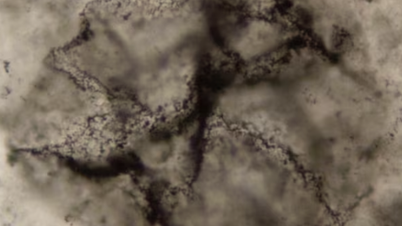
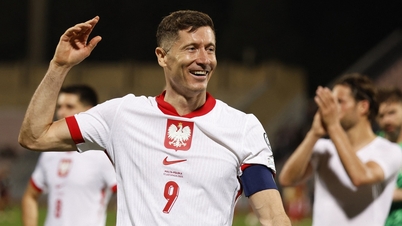
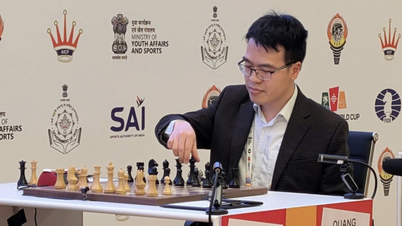













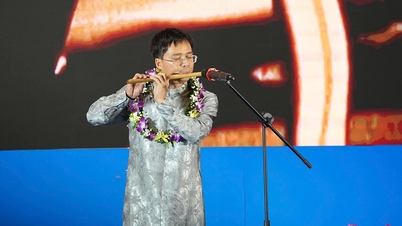
























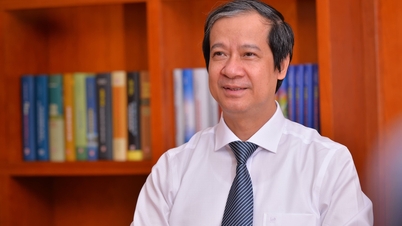


































Comment (0)